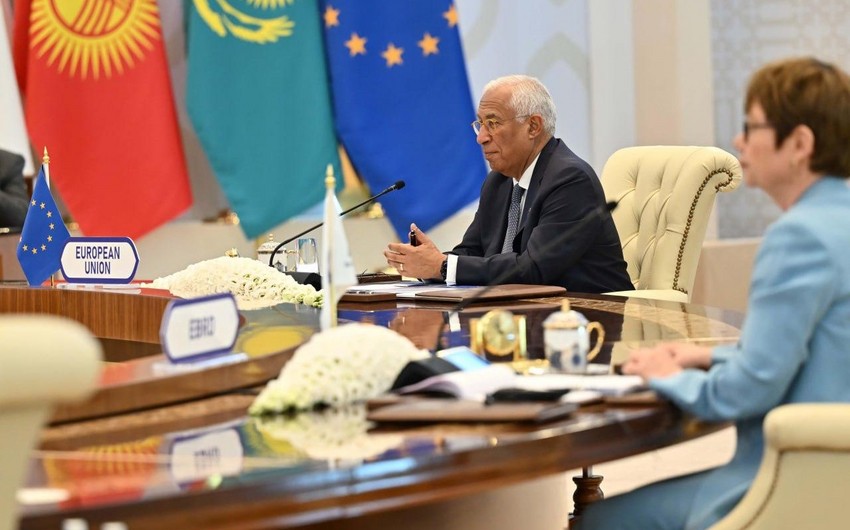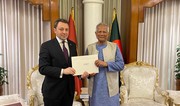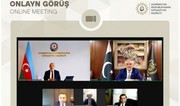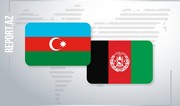The European Union is ready to actively develop cooperation with Central Asian countries in the fight against security threats, European Council President Antonio Costa said at the plenary session of the first EU-Central Asia summit, Report informs.
"As we face common security challenges that are steadily increasing on a global scale, we must acknowledge that security threats are now of a transnational nature. No region is immune to these risks, and therefore, we must step up our cooperation at bilateral, regional, and multilateral levels," Costa said.
According to him, the European Union has been a long-standing partner for Central Asia in the field of security: "Our programs on border management and addressing drug-related challenges have long showcased the EU’s commitment to this region. We have also provided support for various counterterrorism initiatives, including law enforcement, countering terrorism financing, and preventing violent extremism and radicalization."
The European Council president said that regular dialogues on drugs between the regions are one example of where they can build further, strengthening our cooperation in combating these challenges: "I am particularly pleased that, together, we have agreed to initiate a dedicated dialogue on counterterrorism and violent extremism. This is an important step forward in addressing shared security threats."
"Climate change is an area where our joint action is not only needed for our own benefit but for the greater good of global stability, security, and prosperity. Issues such as water scarcity, poor air quality, pollution, and the loss of biodiversity pose serious threats to the security and prosperity of both our regions," Costa said.
According to Costa, Europe’s two Climate Banks – the European Bank for Reconstruction and Development (EBRD) and the European Investment Bank (EIB) – are already supporting critical climate action in Central Asia, and the EU is committed to expanding this cooperation significantly.







